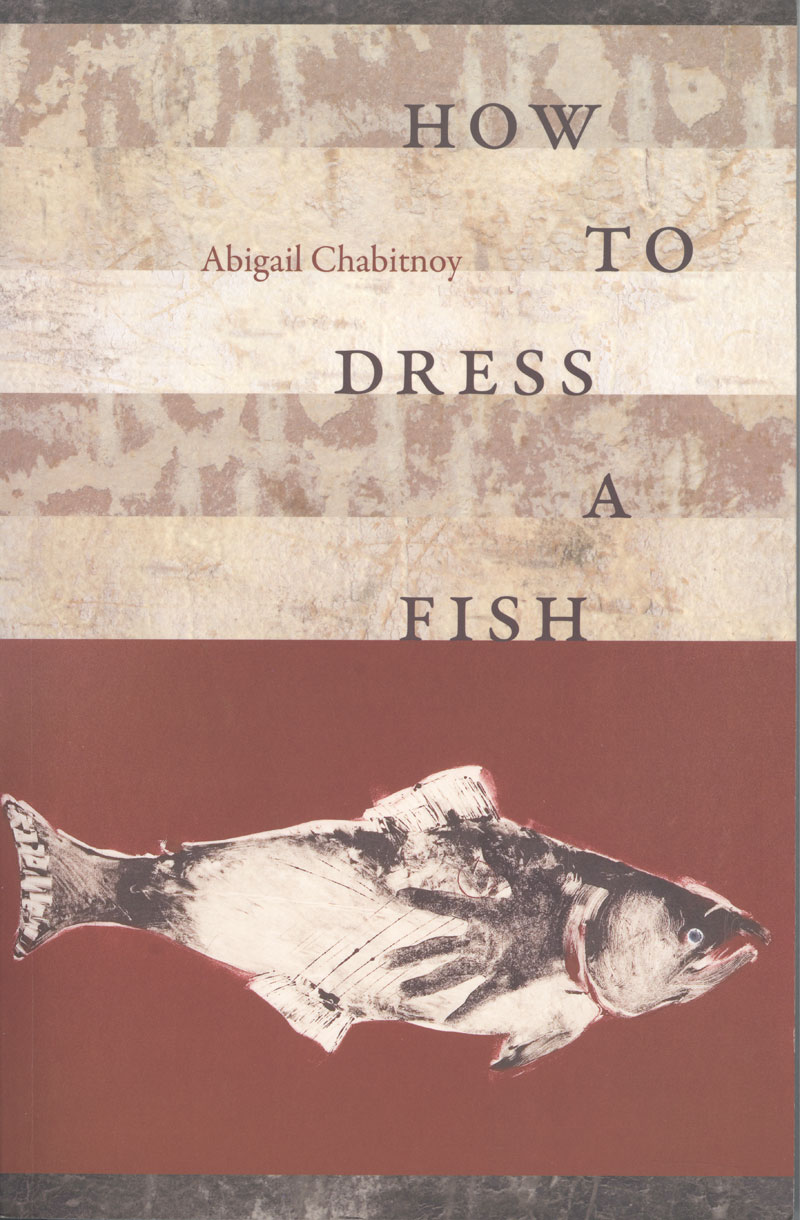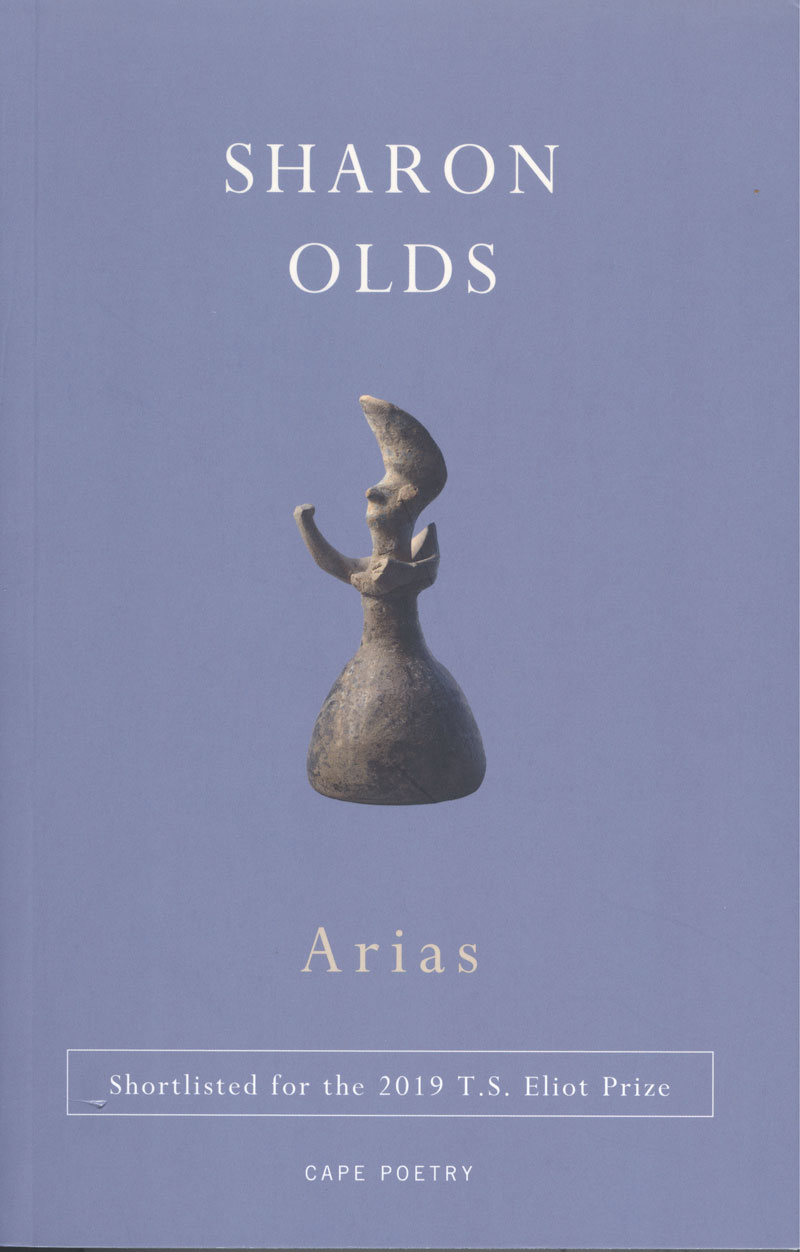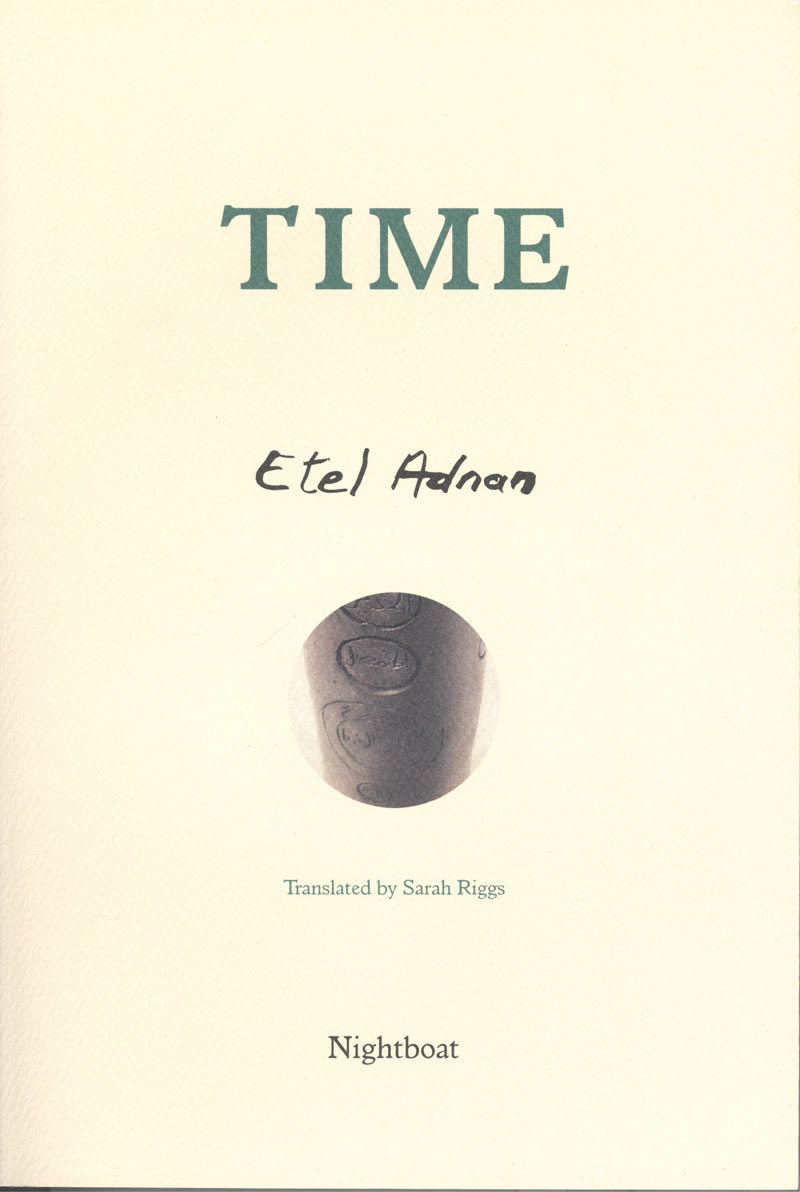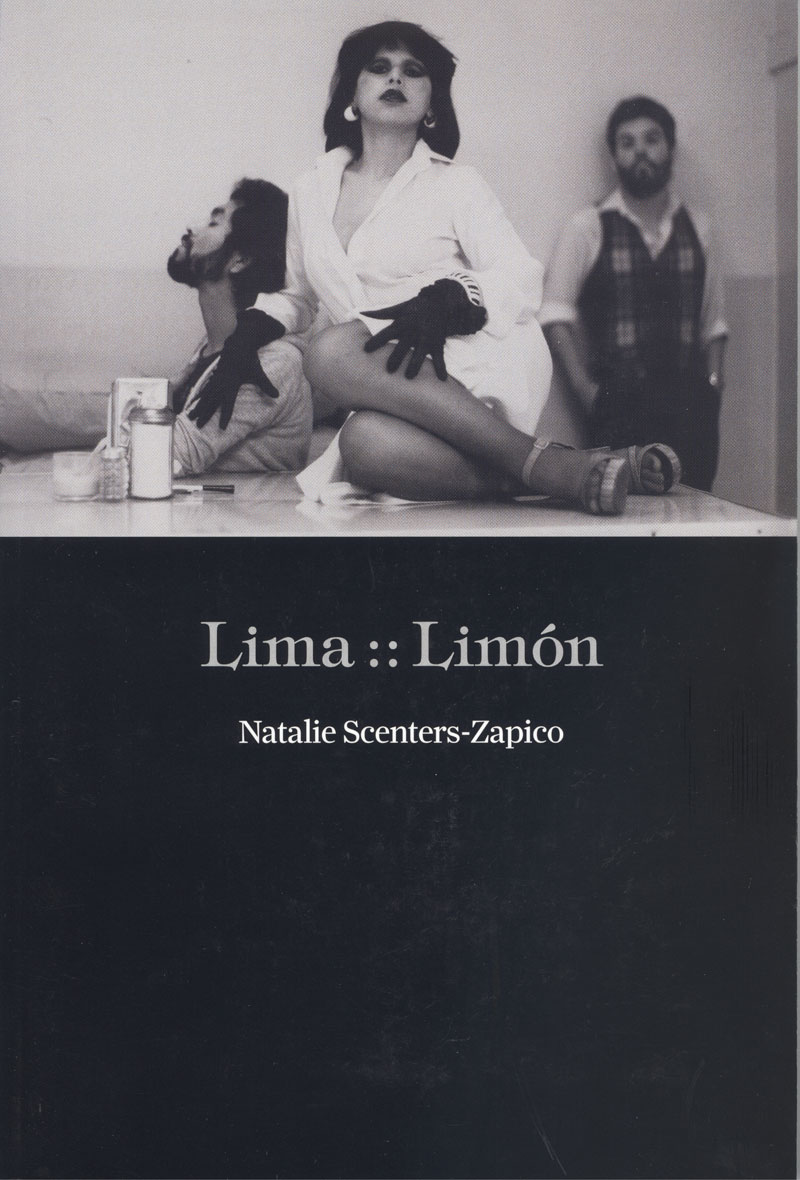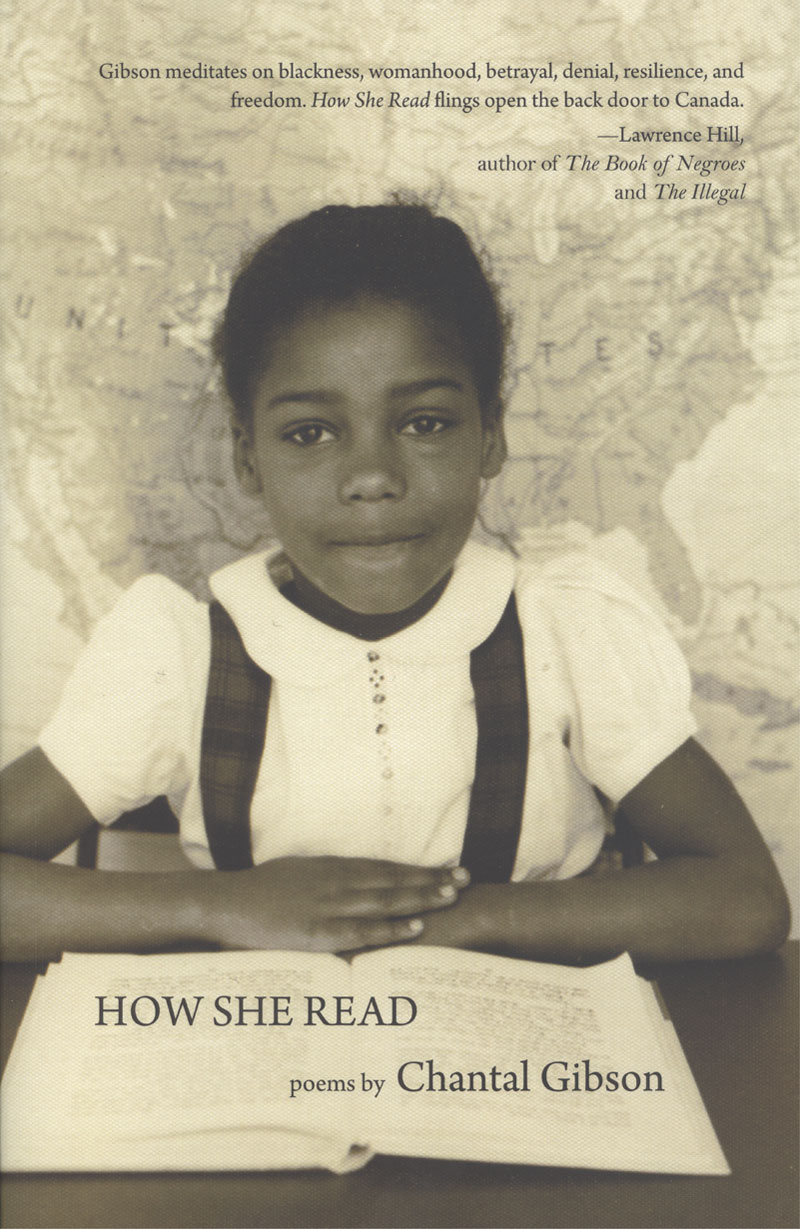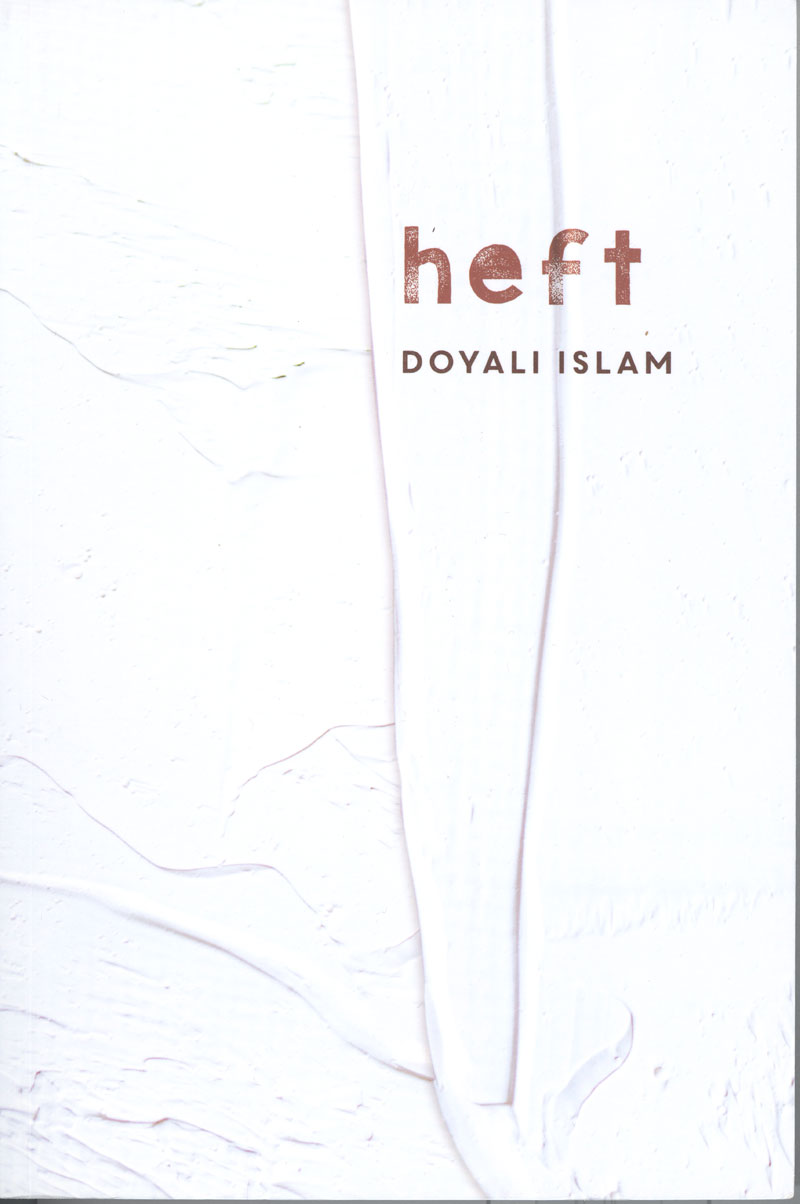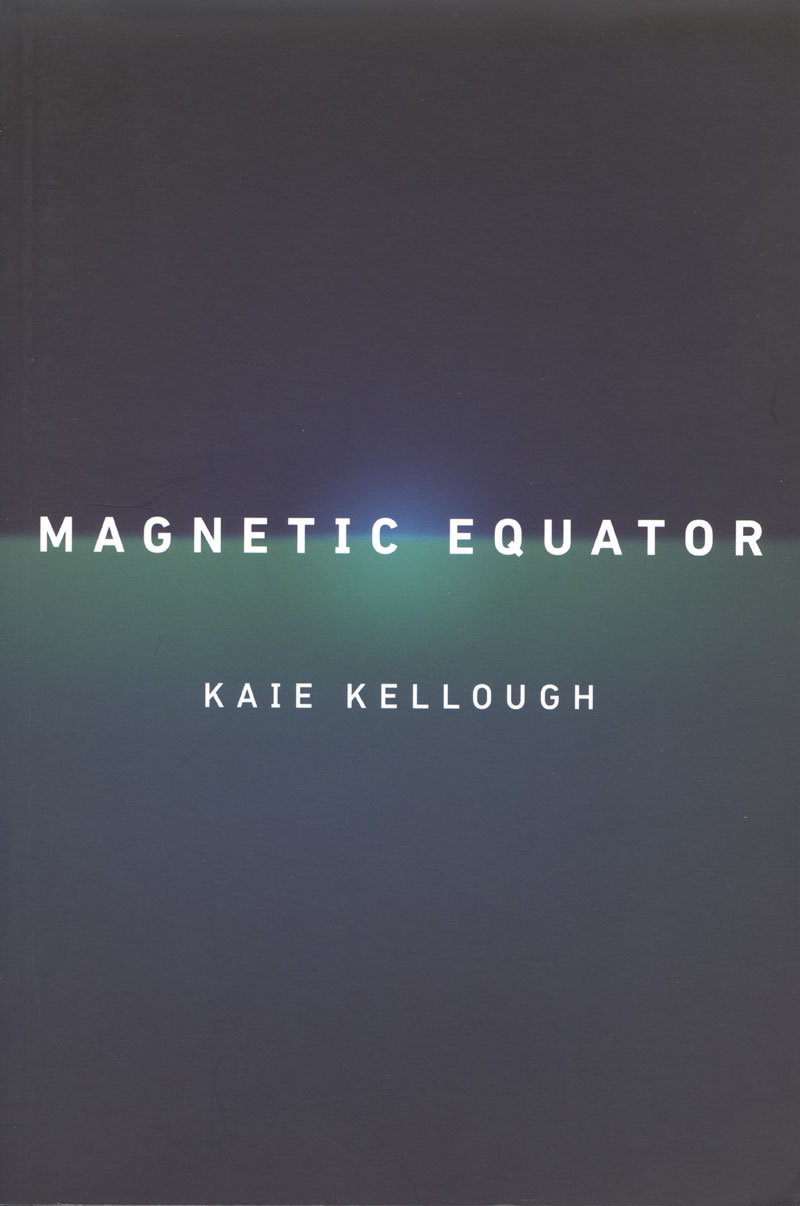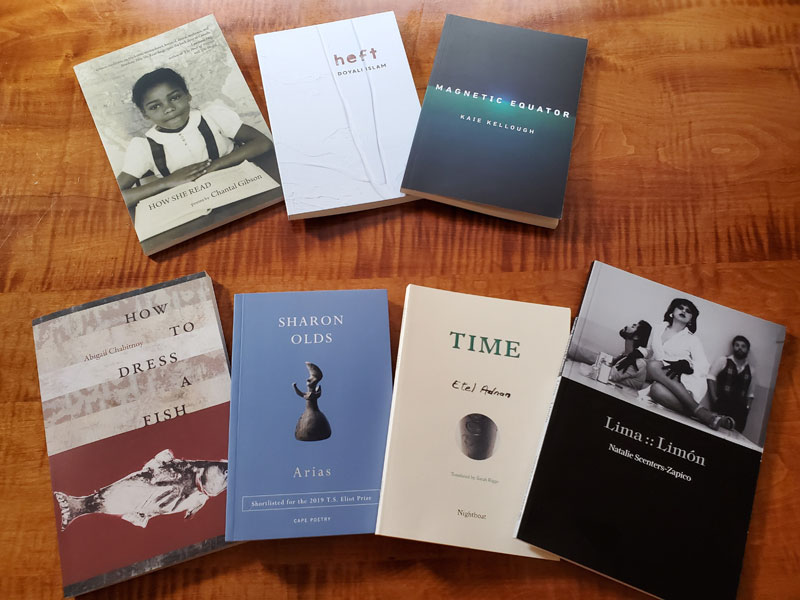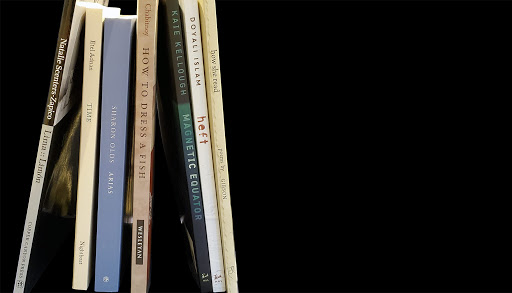
Announcing
the
Griffin
Poetry
Prize
2020
Shortlist
TORONTO – April 7, 2020 – Scott Griffin, on behalf of the trustees of The Griffin Trust For Excellence In Poetry, is pleased to announce the International and Canadian shortlist for this year’s prize. Judges Paula Meehan (Ireland), Kei Miller (Jamaica/UK), and Hoa Nguyen (Canada) each read 572 books of poetry, from 14 countries, including 37 translations.
The two winners, to be announced via our social media channels (web site, Facebook, Twitter, and Instagram) on Tuesday, May 19, will each be awarded $65,000. The other finalists – 3 International, and 2 Canadian, will be awarded $10,000.
